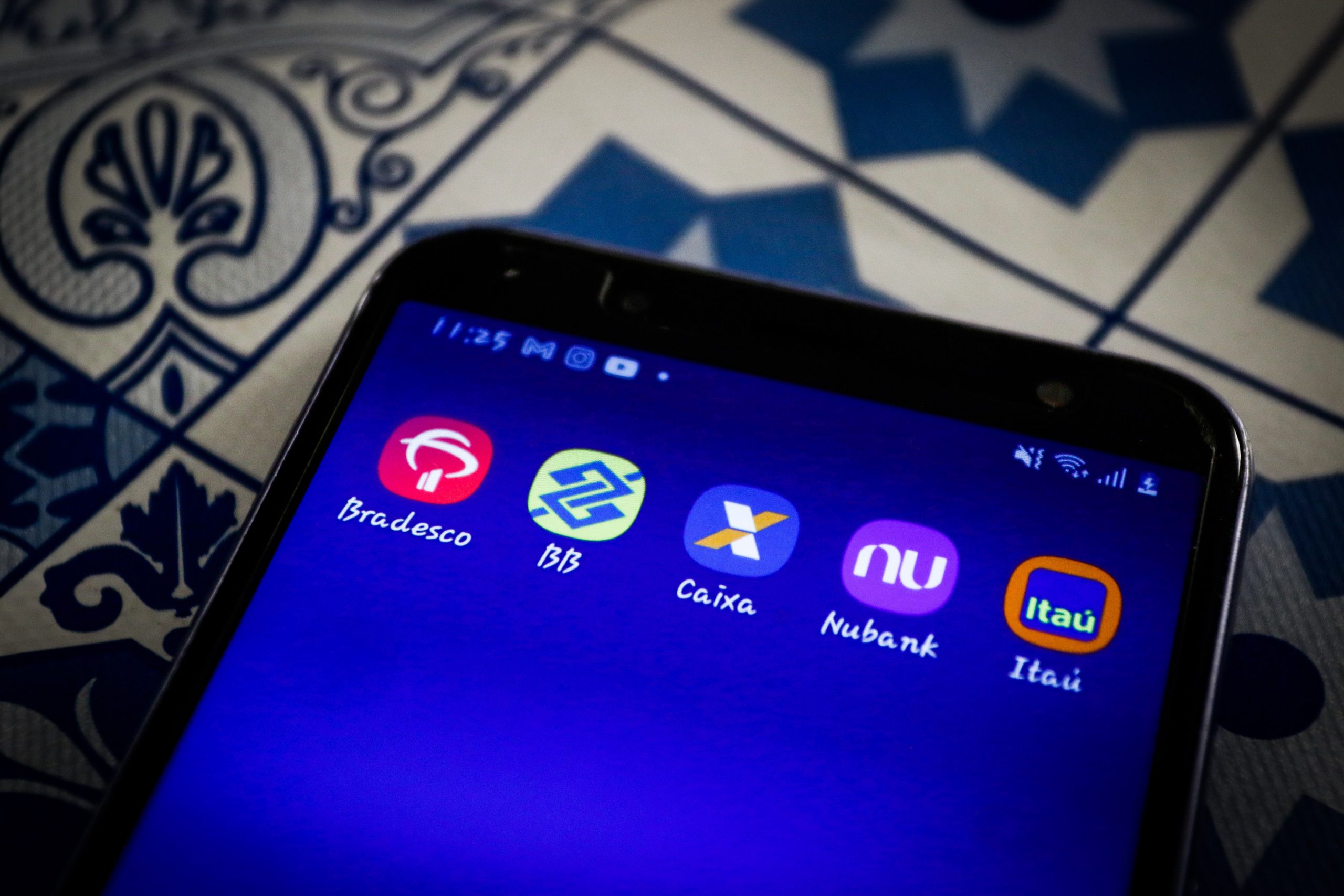[ad_1]
Doug Wise, Former Deputy Director, Defense Intelligence Agency

Douglas H. Wise served as Deputy Director of the Defense Intelligence Agency from August 2014 until August 2016. Following 20 years of active duty in the Army where he served as an infantry and special operations officer, he spent the remainder of his career at CIA.
Robert Papp, Former Senior Executive, CIA

Robert Papp retired from the Central Intelligence Agency as a senior executive with extensive service abroad and command experience. He began his career in the U.S. Navy as a cryptologic officer and Russian linguist. He has a PhD in Russian history from Columbia University an M.A. in Russian Area Studies from Georgetown University and a B.S. from the U.S. Naval Academy.
OPINION — As of this article, the slaughter continues to increase, the Russian military juggernaut stumbles forward and backward, and the negotiations stalemate. At some point in the not-too-distant future, historians and political scientists will try to answer the question, when does encouraging and incentivizing a valiant nation fighting brutal aggression become an act of geopolitical cynicism as well as a source of inspiration?
As the Russian invasion of Ukraine continues in “full force,” NATO continues with a set of “half measures,” and overly cautious initiatives. For this article, we define “half-measures” as the provision of military support, encouragement of Ukrainians to fight, and the economic “warfare” against the Russia – all done to respond to the invasion while avoiding direct combat with the Russian military (the authors believe the deployment of NATO forces into Ukraine should have been done before the Russian military violated Ukraine sovereignty).
We believe those in the future will judge us harshly for being overly cautious and not intervening earlier and more decisively. It’s also likely they will harshly criticize us for exploiting the limitless courage and determination of the Ukraine people. We acknowledge the provision of NATO anti-tank weapons, surface-to-air missiles, and other equipment and intelligence support by NATO member states has made a major difference on the Ukraine battlefield. As a consequence, observers around the globe are consuming a steady diet of social media images of burned-out Russian tanks and helicopters falling to earth.
Additionally, we internalize a degree of comfort by expressing our “solidarity” and encouraging Ukrainian resistance while we remain inspired by the brave defiance of President Zelenskyy. Because we culturally champion the underdog, we harbor a fervent hope Russian forces are stalled, out of ammunition, suffering from poor morale and training, incapable of a full victory, and the tide will turn in favor of the Ukraine Army. But hope is not a plan, and we must remain receptive to the objective reality Ukraine cannot force the Russian army from Ukraine soil.
Despite the poor military advice Putin received from his armed forces leaders, matched by his own fantasies about a quick conquest of the largest country in Europe, we need to look objectively at what is happening on the ground. Comparing a current tactical map of Russian advances to Putin’s infamous “historical” map of an illegitimate Ukrainian state, suggests he is not decisively winning, unless winning to Putin is the slaughter of thousands of innocent Ukraine civilians. We also have a yearning for regime change in Russia. But is Russia really turning against him while we silently plead for the mothers of those Russian soldiers killed in action to rise up and confront the Putin regime? Or are we blinded by our own optimism because we narrowly focus on street protests, bloggers, and newsroom embarrassments in Moscow?
We may vilify Putin as a national leader, but doubt he is truly isolated and need to keep in mind he enjoys the support of the majority of the Russian population, and it is also important to remember parts of the world have not spoken out against him, and some are even supporting him. Unable to achieve victory on the ground, Putin’s immoral recourse (which we’ve already started to see) is to turn to indiscriminate missile and air attacks, and barbaric rocket and artillery strikes against innocent civilians. As Putin becomes more enraged with losses on the ground, he is already “culturally compelled” to use the time-tested Russian method of pounding cities into submission.
Cipher Brief Subscriber+Members can access Cipher Brief Expert and former CIA Chief of the Central Eurasia Division, Rob Dannenberg’s assessment, With his only option being escalation, this is how Putin’s War must End
These tactics have been used by the Russia throughout history from the Berlin in World War II, Grozny in Chechnya, and Raqqa in Syria. Since Putin’s inner circle is personally named in sanctions, threatened with designation as war criminals, and facing the ultimate economic collapse of the Russian Federation, they are trapped. Like Putin’s childhood “cornered rat”, they have little recourse but to join with him and fight to the end because their wealth and power derives from him, and his from the state.
The wounded bear must win and do so quickly. Total war in Ukraine is a logical outcome as NATO’s half measures are unlikely to dissuade Putin from seeking total and unconditional victory. While we painfully ponder why Russia is taking this violent path, it is important to keep in mind that Putin’s “special military operation” is as much about humiliating and punishing Ukraine as it is about military accomplishment. As we watch the “irresistible Russian force meet the immovable Ukrainian object,” can we credibly assess that a decisive Ukrainian victory on the ground is achievable?
Ukrainians will certainly die trying, while NATO remains on the sidelines debating ever-expanding ideas about what constitutes an act of war while conveniently defining the limits of NATO’s moral obligations (in the absence of the Article V ethos of “an attack on one, is an attack on all”) to conveniently avoid doing more.
It might be useful to note at this point the NATO bombing of Belgrade in 1999, to defend the Kosovar Albanians, was done outside the Article V obligation. Nobody, including the authors, advocates abandoning the Ukrainians to their fate or encouraging them to sue for peace under draconian terms. But who gains and who loses from the continued carnage and human suffering that NATO’s almost-but-not-quite good-enough-to-turn-tide-of victory military support is inevitably enabling?
Soon the Ukrainian population, which has already seen the flight of some three million refugees, will have little remaining but rubble for where cities once stood. The humanitarian implications of this wanton Russian destruction on the ground are only just starting to be felt and it is unlikely the Russian occupiers will accept future humanitarian aid and assistance from the West fearing it will bring the spirit of freedom in addition to critically needed food, water, and medical care.
Other losers across the globe and far from the carnage have yet to be fully defined. The dizzying levels of NATO economic warfare, as a surrogate for NATO military action, may not produce decisive results, but will remain satisfying for Western leaders. Forget for now the effects on supply chains and global markets, stock market portfolios, hedge funds, and currencies in developed economies. Forget even potential cyberattacks or the possible disabling of the internet. Consider instead the epic plight of poor nations, who even now are staggering from the price of wheat in the Middle East and beyond.
One constant in this war is its unpredictability. We have been surprised at every turn and it is very possible that in spite of NATO’s cautious actions we will find ourselves in direct military confrontation with Russian forces. Should this happen, we will regret we had not confronted the Russians some 10,000 fallen Ukrainians ago. We missed our opportunity to intervene as the Russians were massing their invasion forces, so now we are fighting “by, with, and through” Ukrainian courage while NATO stands and watches.
The historians of the future will judge us harshly for exploiting and squandering the gift every fallen Ukrainian has given us. Let us honor and applaud the courage, determination and resilience of the Ukraine people and loudly condemn the barbaric Russian aggression. Let us also not have illusions about the real impact of feelgood measures that do not change final outcomes in place of decisive NATO support. Cruelty comes in many forms.
Sharing informed opinions is important. Opinion pieces represent the diverse views of The Cipher Brief audience and do not represent views of The Cipher Brief. Have an opinion to share? Send it to [email protected]
Read more expert-driven national security insights, perspective and analysis in The Cipher Brief because National Security is Everyone’s Business
[ad_2]
Source link













